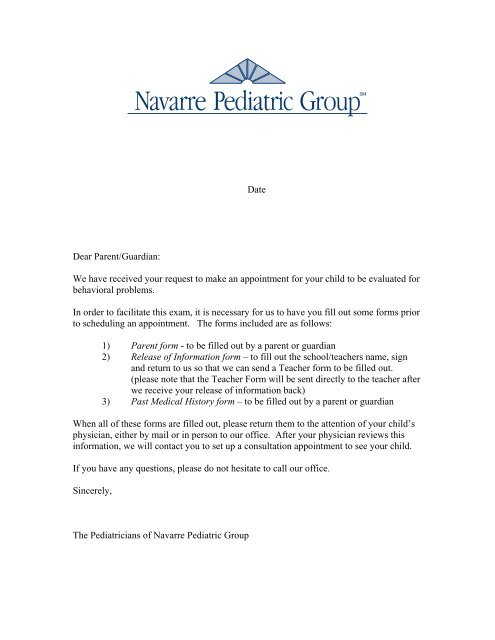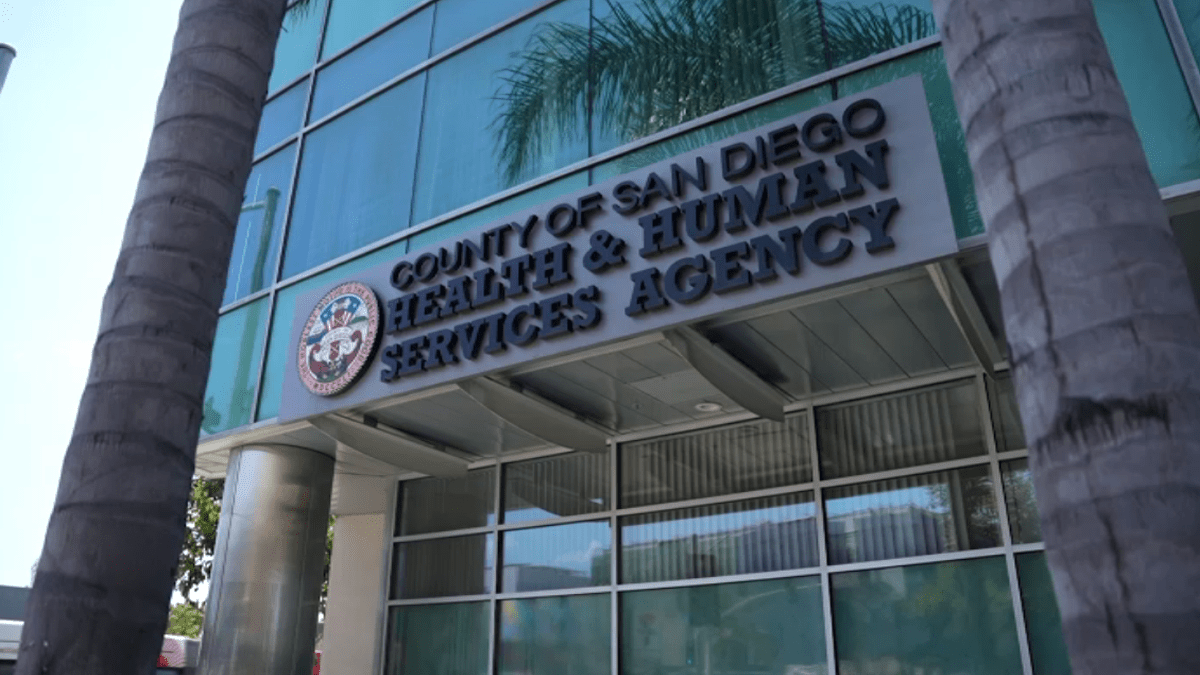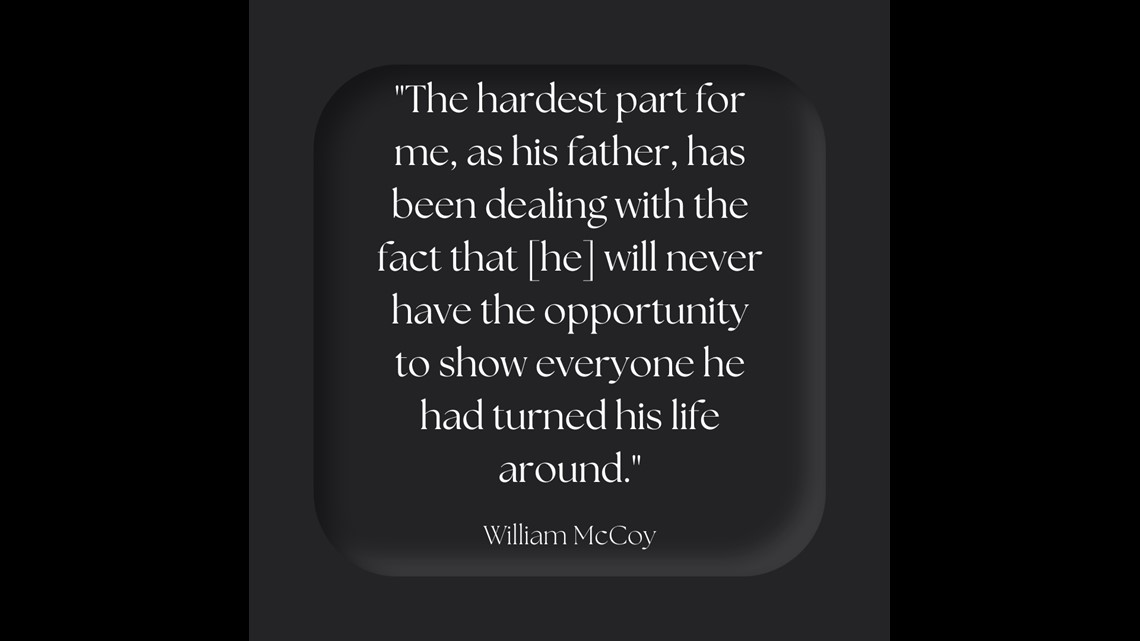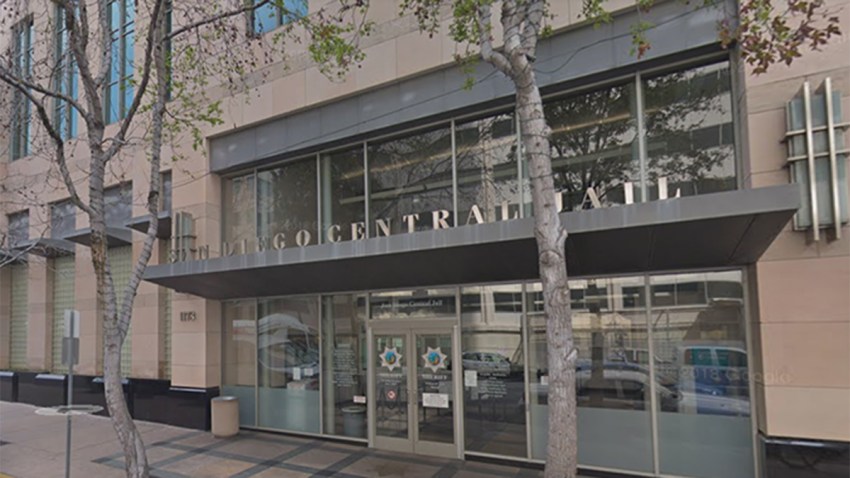Facing An Adult ADHD Diagnosis: A Practical Guide

Table of Contents
Understanding Your Adult ADHD Diagnosis
What does an Adult ADHD diagnosis mean?
Adult ADHD (Attention-Deficit/Hyperactivity Disorder) is a neurodevelopmental disorder that persists into adulthood, characterized by persistent patterns of inattention, hyperactivity, and impulsivity. Unlike childhood presentations, which often manifest in disruptive behaviors at school, adult ADHD symptoms may present more subtly, affecting various aspects of adult life.
Common symptoms include:
- Inattention: Difficulty sustaining attention, easily distracted, forgetful, struggling to follow instructions, losing things frequently. For example, an adult with ADHD might struggle to finish a work project, constantly switching tasks without completing any.
- Hyperactivity: Excessive restlessness, fidgeting, talking excessively, difficulty remaining seated. An adult might find themselves pacing during meetings or interrupting conversations frequently.
- Impulsivity: Acting on impulses without thinking, difficulty waiting their turn, interrupting others. This could manifest as making rash financial decisions or blurting out inappropriate comments.
There are three subtypes of ADHD:
- Predominantly Inattentive ADHD: Primarily characterized by inattention, with fewer symptoms of hyperactivity and impulsivity.
- Predominantly Hyperactive-Impulsive ADHD: Primarily characterized by hyperactivity and impulsivity, with fewer symptoms of inattention.
- Combined Type ADHD: Presents with a combination of significant inattention, hyperactivity, and impulsivity symptoms.
Understanding these nuances is crucial for effective diagnosis and treatment of adult ADHD symptoms.
Common Misconceptions about Adult ADHD
Many myths surround Adult ADHD, hindering diagnosis and treatment. It's crucial to dispel these misconceptions:
- Myth: Adult ADHD is just laziness. Reality: Adult ADHD is a neurobiological condition impacting brain function, not a character flaw.
- Myth: ADHD only affects children. Reality: While often diagnosed in childhood, ADHD symptoms often persist into adulthood, significantly impacting daily life.
- Myth: Adults with ADHD can simply "try harder." Reality: While willpower plays a role, managing ADHD requires tailored strategies and potentially medication.
The impact of untreated adult ADHD can be profound, affecting:
- Relationships: Difficulty maintaining relationships due to impulsivity, communication challenges, and emotional dysregulation.
- Work: Reduced productivity, difficulty meeting deadlines, job instability.
- Finances: Impulsive spending, difficulty managing budgets.
- Self-esteem: Frustration, low self-worth due to perceived failures.
Seeking Support and Resources
Finding the right support is critical for managing adult ADHD. This includes:
- Therapists: A qualified therapist specializing in ADHD can provide diagnosis, therapy (such as CBT), and guidance on coping strategies.
- Support Groups: Connecting with others facing similar challenges offers invaluable emotional support and practical advice. Check online for local or virtual ADHD support groups.
- Online Communities: Numerous online forums and communities provide a platform for sharing experiences, seeking advice, and building a supportive network.
Finding a qualified professional for diagnosis and treatment is crucial. Look for professionals experienced in diagnosing and treating adult ADHD. Several national organizations, like CHADD (Children and Adults with Attention-Deficit/Hyperactivity Disorder), offer resources, information, and support networks for individuals with ADHD and their families.
Practical Strategies for Managing Adult ADHD
Time Management Techniques
Effective time management is key to managing adult ADHD. Consider these strategies:
- Time Blocking: Schedule specific blocks of time for tasks, prioritizing important activities.
- Prioritization Matrices (Eisenhower Matrix): Categorize tasks by urgency and importance to focus on high-priority items.
- Pomodoro Technique: Work in focused bursts (e.g., 25 minutes) followed by short breaks to maintain concentration.
Implementing these techniques requires consistent effort and self-monitoring. Experiment to find what works best for you.
Organization and Planning Tools
Leverage technology and tools to enhance organization:
- Digital Calendars: Use Google Calendar, Outlook Calendar, or similar tools to schedule appointments, deadlines, and tasks.
- To-Do Lists: Utilize apps like Todoist, Any.do, or even simple pen-and-paper lists to track tasks and progress.
- Planners: Physical planners can provide a visual overview of schedules and tasks.
- Note-Taking Apps: Evernote, OneNote, or Google Keep can help capture thoughts, ideas, and important information.
Lifestyle Adjustments
Lifestyle changes significantly impact ADHD symptoms:
- Regular Exercise: Physical activity improves focus, mood, and energy levels.
- Healthy Diet: A balanced diet rich in fruits, vegetables, and whole grains supports brain health. Limit processed foods, sugar, and caffeine.
- Sufficient Sleep: Aim for 7-9 hours of quality sleep nightly to improve cognitive function and mood regulation.
Medication Management (if applicable)
Medication can be a valuable tool for managing ADHD symptoms, but it's crucial to discuss this option with a doctor. Medication may not be suitable or necessary for everyone.
- Consult a Doctor: Always consult with a healthcare professional before starting or changing any medication.
- Potential Side Effects: Be aware of potential side effects and discuss strategies for managing them with your doctor.
- Medication is not a cure-all: Medication works best in conjunction with other strategies like therapy and lifestyle adjustments.
Building a Supportive Network and Maintaining Wellbeing
Communicating with Loved Ones
Open and honest communication is vital for building a supportive network:
- Educate your loved ones: Explain what ADHD is and how it impacts you.
- Set realistic expectations: Acknowledge your challenges and limitations.
- Seek understanding and patience: Let your loved ones know how they can best support you.
Self-Compassion and Self-Care
Self-compassion and self-care are crucial for managing the challenges of ADHD:
- Practice Mindfulness: Engage in mindfulness exercises to increase self-awareness and reduce stress.
- Relaxation Techniques: Incorporate relaxation techniques like deep breathing, yoga, or meditation into your daily routine.
- Engage in Hobbies: Make time for activities you enjoy to boost mood and reduce stress.
Conclusion
Receiving an Adult ADHD diagnosis can be a significant step towards understanding and managing your challenges. By implementing the practical strategies outlined in this guide and building a strong support network, you can improve your quality of life and embrace your unique strengths. Remember, navigating Adult ADHD is a journey, not a destination, so continue to seek resources and support as you progress. Take control of your life and learn more about managing your Adult ADHD. Start your journey towards a more fulfilling life today.

Featured Posts
-
 Things Get Fishy A Guide To Ru Pauls Drag Race Season 17 Episode 6
Apr 30, 2025
Things Get Fishy A Guide To Ru Pauls Drag Race Season 17 Episode 6
Apr 30, 2025 -
 Adult Adhd Diagnosis Next Steps And Support
Apr 30, 2025
Adult Adhd Diagnosis Next Steps And Support
Apr 30, 2025 -
 Ru Pauls Drag Race Season 17 Episode 9 A Deep Dive Into Designing Drag
Apr 30, 2025
Ru Pauls Drag Race Season 17 Episode 9 A Deep Dive Into Designing Drag
Apr 30, 2025 -
 Iva Sofiyanska Istinata Za Uvolnenieto Y
Apr 30, 2025
Iva Sofiyanska Istinata Za Uvolnenieto Y
Apr 30, 2025 -
 9 Children 9 Times The Chaos Amanda Owens Family Life In Pictures
Apr 30, 2025
9 Children 9 Times The Chaos Amanda Owens Family Life In Pictures
Apr 30, 2025
Latest Posts
-
 Biker Seriously Injured In Lorry Collision Investigation Underway
Apr 30, 2025
Biker Seriously Injured In Lorry Collision Investigation Underway
Apr 30, 2025 -
 Family Sues San Diego County Over Inmates Death In Custody
Apr 30, 2025
Family Sues San Diego County Over Inmates Death In Custody
Apr 30, 2025 -
 Inmates Death At San Diego County Jail Prompts Family Lawsuit Alleging Torture And Murder
Apr 30, 2025
Inmates Death At San Diego County Jail Prompts Family Lawsuit Alleging Torture And Murder
Apr 30, 2025 -
 San Diego Sheriffs Office Faces Lawsuit Following Inmate Death
Apr 30, 2025
San Diego Sheriffs Office Faces Lawsuit Following Inmate Death
Apr 30, 2025 -
 San Diego County Jail Lawsuit Family Alleges Cellmate Murdered Loved One After Torture
Apr 30, 2025
San Diego County Jail Lawsuit Family Alleges Cellmate Murdered Loved One After Torture
Apr 30, 2025
